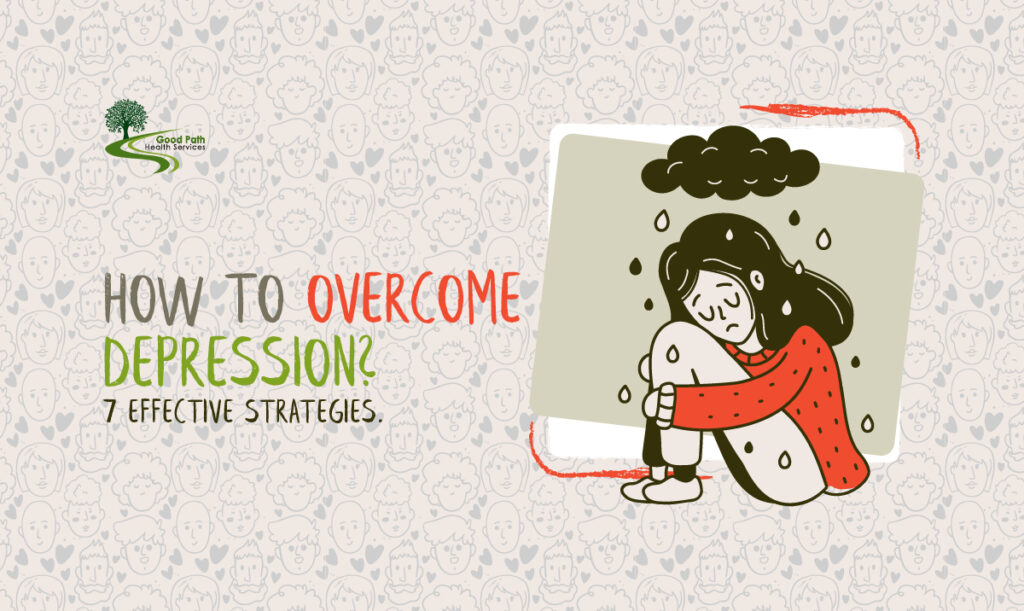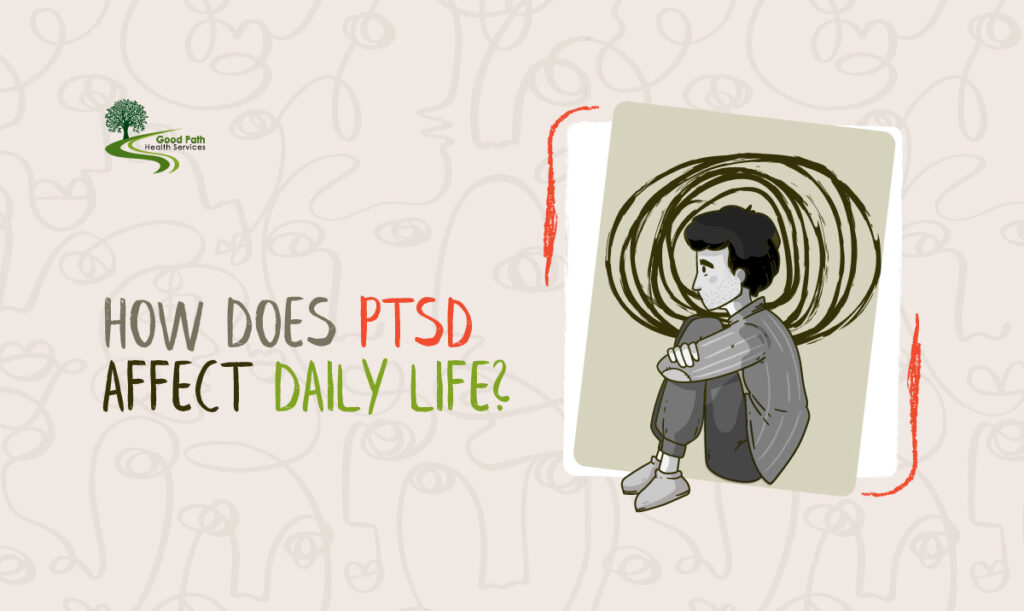
Life often throws curveballs our way—moments of uncertainty that affect us.
Often, we encounter experiences that can be beyond our comprehension and leave deep scars to heal from.
These traumatic experiences come in many guises—sometimes expected, at times unbearing, overwhelming and beyond our control.
When we see traces of what once was beautiful and the way we used to be like, we ask ourselves:
How do we heal a wounded heart?
Does time heal after all?
How do we move past something so deeply painful?
Will we ever be able to feel like ourselves again?
After a traumatic experience, how does one find the strength and courage to rebuild their life and move forward?
As impossible as it might sound, regardless of any trauma, healing can happen, and one can find ways to cope — although recovery happens at one’s own pace.
It takes a little time, patience, care and compassion towards oneself.
We would like to share some steps that can help in rebuilding yourself after trauma.
Here’s How to Rebuild Your Life After Trauma
1. Face your feelings.
Rebuilding after trauma involves confronting your emotions.
Don’t avoid your feelings or push them away; instead, allow yourself to feel and express the pain, anger, sadness, or any other emotions you feel or experience.
Facing your feelings directly is important because it allows you to handle them in a way that helps you move forward.
When you initially recognize and deal with your emotions, finding ways to resolve them constructively becomes easier.
Ignoring and repressing them will only cause you to deal with them later.
2. Know that you’re more than your past.
When one experiences a traumatic event, the memory remains in one’s mind for quite some time.
It’s quite understandable, considering the nature of what trauma survivors have gone through.
What’s also important to realize is that your past doesn’t own you.
You might find yourself thinking about the trauma and the harm it caused, but it does not define you and make you who you are.
You get to create your own story and narrative.
Take time to be present in the moment. Make time for things like mindfulness, prayer, or anything that helps maintain and keep your focus on the here and now.
Every day is an opportunity to build on your strengths and move towards a more fulfilling and meaningful existence.
3. Try trusting life again.
Allow yourself to open up and trust life again.
Opening up to life after trauma often means rebuilding trust—in yourself, others, and everything around you.
Trusting life again is about moving outside your comfort zone, which allows you to experience joy and connection freely.
Be proud of yourself for the progress you make in getting in touch with yourself and life again.
4. Forgive yourself.
Forgiving yourself and others after trauma can be difficult, especially after going through abuse or violence.
Holding onto anger hurts you more than it does them. So, forgive—not because they deserve it, but because you do.
Forgiveness doesn’t mean what happened was okay, but letting go of the resentment will lift the burden off your shoulders and help you feel at peace.
5. Show yourself compassion.
Healing trauma with self-compassion is one of the important steps to take. Always be gentle with yourself and practice a positive inner monologue.
Show yourself the same compassion as a friend or a loved one.
Take note of your progress—recovery isn’t always linear, so forgive setbacks and know it takes time.
Allow yourself the patience and love you deserve.
Small steps forward are progress — be proud of your perseverance and the courage to keep pushing.
6. Priortize self-care.
Take care of your mind and body, as healing often begins with self-love.
- Rest.
- Read.
- Eat well.
- Meditate.
- Exercise.
- Practice yoga.
- Put yourself first.
- Express yourself.
- Practice affirmations.
- Set important boundaries.
When it comes to self-care, it’s all about finding what works best for you and implementing those practices consistently.
7. Keep an uplifting circle.
Don’t completely isolate yourself after experiencing trauma.
Having a support system can be helpful, but it’s also necessary to lean on people you can trust.
Have positive people around who you can feel safe and comfortable with.
If you’ve faced trauma, it’s important to connect with those who support your healing journey without making any judgments.
Spend time with those who genuinely understand and care for and nourish you; distance yourself from anyone who might make your healing difficult.
Connect with Us at Good Path Health Services
To work through your trauma, get professional support at Good Path Health Services.
If you’ve been through a severe trauma, talking to a therapist who specializes in trauma therapy can be very helpful.
A trauma consultant and therapist can help you understand what happened and teach you healthy ways to cope.
FAQs
What are some inspiring quotes about healing from trauma?
Here are some quotes about healing from trauma:
- “The wound is the place where the light enters you.” – Rumi
- “Healing is an art. It takes time. It takes practice. It takes love.” – Maza Dohta
- “Healing from trauma isn’t an overnight process. It’s a lifelong journey that requires patience, support, and self-compassion.” – Jasmin Lee Cori
Where can I find trauma release therapy near me?
You can start by searching online. Contact mental health clinics, or ask your PCP if they have recommendations.
Good Path Health Services also provides trauma therapy. Please feel free to get in touch.
How long does trauma therapy take?
It takes about 12 sessions to see a positive difference. Some people can see noticeable changes in a few sessions, and others might take longer.
It is important to be patient and consistent in going to therapy.
What are trauma bond withdrawal symptoms?
Trauma bonds can create strong emotional connections.
Withdrawal symptoms might include strong longing, anxiety, or even physical discomfort when separating from someone associated with trauma.



